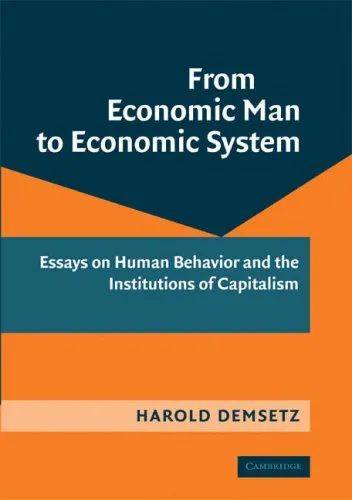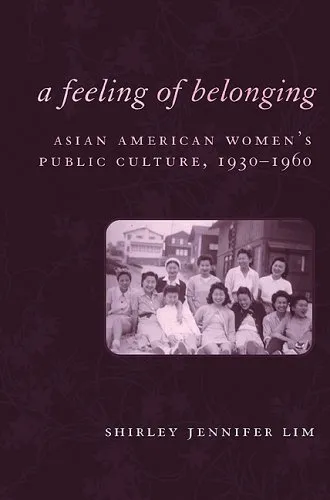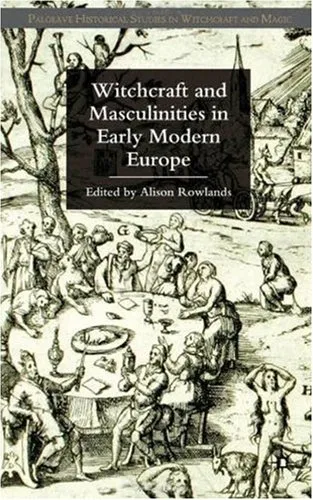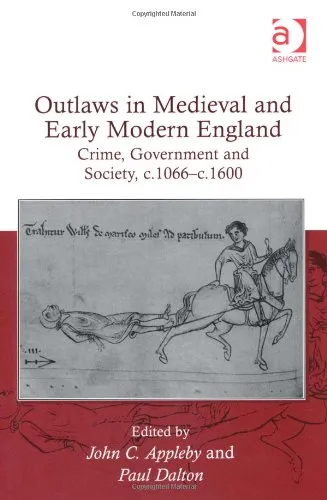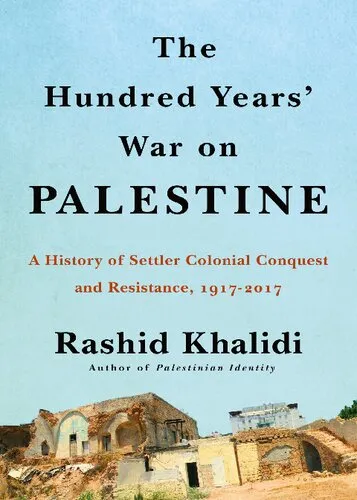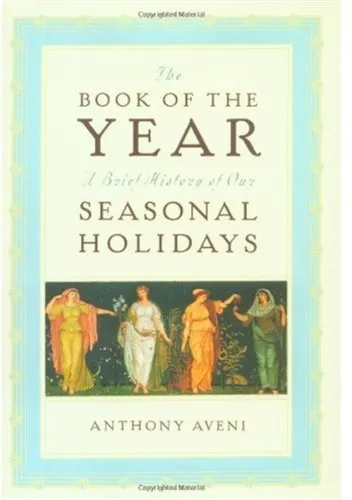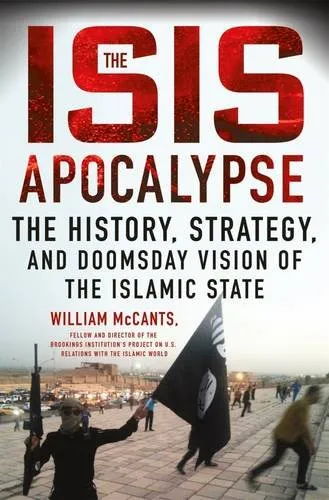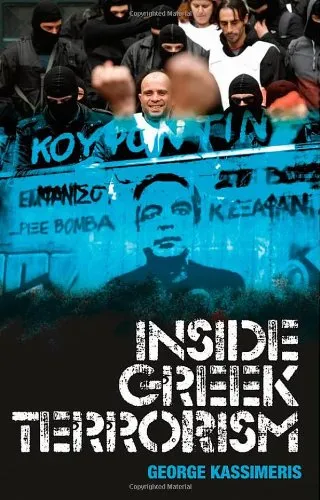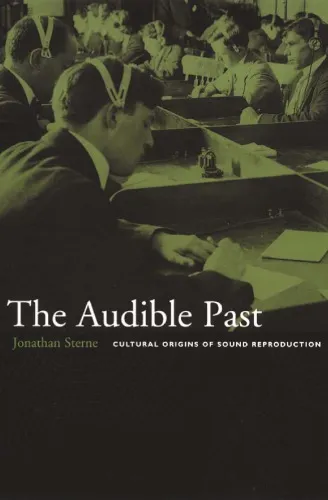Property and the German Idea of Freedom: From the End of the Thirty Years’ War to the Eve of the French Revolution in Germany
4.0
Reviews from our users

You Can Ask your questions from this book's AI after Login
Each download or ask from book AI costs 2 points. To earn more free points, please visit the Points Guide Page and complete some valuable actions.Related Refrences:
Introduction
Welcome to Property and the German Idea of Freedom: From the End of the Thirty Years’ War to the Eve of the French Revolution in Germany, a scholarly exploration of the interplay between property rights and the evolving concept of freedom in early modern Germany. This book delves into the transformative period spanning from the aftermath of the Thirty Years’ War to the threshold of the French Revolution, examining how Germans conceptualized freedom not merely as a political or philosophical ideal but as something deeply intertwined with material conditions—specifically, property. By illuminating the multifaceted relationship between property and freedom, this work sheds light on broader questions about the very nature of individual liberty and societal structure in European history.
A Detailed Summary of the Book
At its heart, Property and the German Idea of Freedom is an analytical journey through the dense legal, economic, and social frameworks that defined early modern Germany. The book argues that between the mid-seventeenth and late eighteenth centuries, Germans reconceived the notion of freedom in ways that were heavily influenced by the ownership and regulation of property. Unlike the more overtly political revolutions seen in Enlightenment France and America, the German idea of freedom revolved around a concept of rights tied to personal and economic independence.
Spanning the period from 1648 to 1789, this book contextualizes how the devastation of the Thirty Years’ War fundamentally reshaped German society. It simultaneously examines how legislative reforms, economic reconstruction, and philosophical developments intersected over the following decades. Property—a resource central to both livelihoods and identity—emerged as a focal point of these transformations. It became less of a static possession and more of a site for debating hierarchy, autonomy, and citizenship. The book further explores how key figures within law, political philosophy, and emerging economics contributed to this rethinking of property’s role in human liberties.
Among its key themes, the book tackles the decentralization of authority within the Holy Roman Empire, the role of territorial states in regulating property ownership, and the philosophical implications of property as posited by thinkers in the German Enlightenment. It also evaluates the transition from feudal rules of landholding to the increasing influence of market-driven economics. Ultimately, this examination reveals that German conceptions of freedom—distinct in some ways from those in neighboring Enlightenment movements—were both modern and deeply rooted in their historical moment.
Key Takeaways
- The German idea of freedom during this period was closely tied to property ownership and economic independence.
- The aftermath of the Thirty Years’ War fostered major shifts in property laws, which influenced social hierarchies and individual autonomy.
- Freedom in early modern Germany was not a revolutionary concept in the French or American sense but was instead entrenched in material and legal realities.
- Philosophical and legal debates surrounding property ownership reflected broader questions about citizenship, equality, and governance.
- The book provides a comprehensive understanding of how German Enlightenment thinkers bridged traditional and modern ideas of property and freedom.
Famous Quotes from the Book
"To own property is to own a piece of the world, but to defend it is to claim one's place in the shared narrative of human freedom."
"The German idea of freedom is not born in the upheavals of revolution but in the mundane realities of who owns and governs, and how they do so."
"Property is the bridge between individual autonomy and societal order, particularly in a fragmented polity like the Holy Roman Empire."
Why This Book Matters
This book is essential for anyone interested in understanding the intellectual and practical foundations of modern liberty. By tying freedom to property ownership, it challenges simplistic perceptions of freedom as purely political or abstract. Instead, it provides a richer, more nuanced account of how interconnected legal, economic, and cultural factors shaped ideas of autonomy and rights in history.
Furthermore, the book fills an important gap in historical scholarship, revealing how German experiences of freedom and governance differed significantly from the revolutionary trajectories of France or the liberal traditions of Britain. It underscores the significance of material realities—particularly property—in shaping societal values and political structures. The insights gained from this book are relevant far beyond the historical period it covers, offering timeless lessons on the intersection of material conditions, law, and liberty.
In short, Property and the German Idea of Freedom is not just a history book; it is a lens through which to understand the enduring complexity of human freedom, both in its conceptual underpinnings and its real-world applications.
Free Direct Download
You Can Download this book after Login
Accessing books through legal platforms and public libraries not only supports the rights of authors and publishers but also contributes to the sustainability of reading culture. Before downloading, please take a moment to consider these options.
Find this book on other platforms:
WorldCat helps you find books in libraries worldwide.
See ratings, reviews, and discussions on Goodreads.
Find and buy rare or used books on AbeBooks.
1365
بازدید4.0
امتیاز0
نظر98%
رضایتReviews:
4.0
Based on 0 users review
Questions & Answers
Ask questions about this book or help others by answering
No questions yet. Be the first to ask!
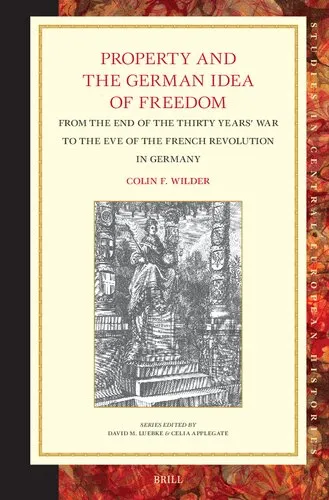
![Mathematics and Its History [FIXED]](https://s3.refhub.ir/images/thumb/Mathematics_and_Its_History__FIXED_29231.webp)
